Ralph Angel’s lectures are theater pieces; he enacts meaning; he breathes presence; he speaks with quiet reverence and passion of great artists. He is my colleague at Vermont College of Fine Arts (along with Mary Ruefle, who has the same theatricality, reverence and passion but in a different key — it’s rare air that we breathe in Montpelier); so I watched him give this lecture; he starts by pulling your brain inside out like a sock (reading the Reverdy poem backward and forward); then he teaches a lesson about craft and art, not just by telling (Ralph is so NOT into telling) but by a series of images, Mark Rothko paintings that illustrate the true artist’s journey from craft to clarity and essence.
Watch for Ralph Angel’s new book of poems Your Moon, coming out next year with New Issues Press.
dg
§
Departure
A long time ago a short poem by Pierre Reverdy changed my life forever. Its title is “Departure,” as translated by Michael Benedikt.
The horizon lowers
SPACESPACEThe days lengthen
SPACESPACEVoyage
SPACEA heart hops in a cage
SPACESPACEA bird sings
SPACESPACEAt the edge of death
Another door is about to open
SPACEAt the far end of the corridor
SPACESPACEShines
SPACESPACEOne star
A dark lady
SPACELantern on a departing train
And for whatever reason, a long time ago—maybe because it retained its mystery each time I read it, maybe because each time it took me to some unnamable and wholly present, wholly immediate place—for whatever reason, I read this poem backwards, from last line to first line.
SPACELantern on a departing train
A dark lady
SPACESPACEOne star
SPACESPACEShines
SPACEAt the far end of the corridor
Another door is about to open
SPACESPACEAt the edge of death
SPACESPACEA bird sings
SPACEA heart hops in a cage
SPACESPACEVoyage
SPACESPACEThe days lengthen
The horizon lowers
And voilà! This short poem, read from last line to first line, or from top to bottom, so validates the mind’s capacity!
I understand things in my mind—I understand things in my heart. There are times when I understand things in my knees.
Meaning involves the mind. The brain is a receptor. It’s like a dream machine. It receives impulses and it receives image upon image upon image upon image, but the mind craves meaning. The mind is assembling stuff all the time. It’s what makes the human species pretty interesting. We crave meaning by our very nature and by the size of our brains. If you think about language, it can be understood, it seems to me. You have twenty-six abstract symbols that mean absolutely nothing. And yet, in any arrangement, arbitrary or contrived, any arrangement whatsoever, we are orchestrating meaning. Those symbols, as they interact with one another, generate something greater than themselves. So it’s kind of like the brain itself. Impulse upon impulse upon impulse, and yet the mechanism is constantly, without our having a whole lot of say in the matter, making meaning out of what we receive.
The mind craves language, and Reverdy trusted that. Reverdy trusted language, and, therefore, a long time ago, trusted me, an embryo yet to be and waiting for a taxi.
SPACE
The Metamorphosis
In the first sentence of Franz Kafka’s “The Metamorphosis,” “Gregor Samsa awoke one morning from uneasy dreams….” And he can’t get up—he’s on his back!—and he’s late for work. Sound familiar? He hates his job. He loathes his boss. It’s a tedious, boring, undervalued job, but his father’s retired, and he’s the only son. His sister is a prodigy, and she’s young; she has a future ahead of her as a concert violinist. But Gregor’s arms and legs don’t work. He can’t turn himself over. The door is locked. His mother and sister and father and the char woman are outside the door. And then his boss arrives, and they are all exhorting him to get out of bed. But he can’t communicate with them in a way that they can understand. He just sort of squeaks.
Now Gregor lives with his family in a five-room flat, and his room is at the center, right at the center of the family. And, yes, he eventually tumbles from his bed—because he has will power and guilt and anger, and because he doesn’t know anything different—and he even gets a tiny hand to the key. But what’s on his mind? “…they should all have shouted encouragement to him, his father and mother too. ‘Go on, Gregor,’ they should have called out, ‘keep going, hold on to that key!'”
Not one time in this story does it ever occur to Gregor Samsa that he is a bug! And why should it? How may times have I awoken and not wanted to get out of bed? Or resented having to make money, or envied the sanity and good fortune of others, or hoped someday soon to murder my landlord? On any given morning I wear my skeleton on the outside because I am an insect at the center of the family and maybe could use some applause and a little more encouragement for once in my life! On any given day, friends, I am a bug. How else could I communicate with you? How else might you recognize me?
Gregor Samsa does not awaken one morning feeling like an insect. He is an insect. As time goes by he abandons cleanliness and stops sleeping. He loses all interest in food. “I’m hungry enough, but not for that kind of food.” He is the size of an insect now and does what insects do—skittering this way and that, climbing on things, collecting dust on his tiny legs, and leaving a weird sticky substance everywhere he goes.
Kafka’s title, “The Metamorphosis,” is a bit of a ruse. Gregor Samsa does not become a bug in this story. He is simply, from beginning to end, in spite of himself, who he is.
SPACE
Poppies In October
Even the sun-clouds this morning cannot manage such skirts.
Nor the woman in the ambulance
Whose red heart blooms through her coat so astoundingly—
A gift, a love gift
Utterly unasked for
By a sky
Palely and flamily
Igniting its carbon monoxides, by eyes
Dulled to a halt under bowlers.
Oh my God, what am I
That these late mouths should cry open
In a forest of frost, in a dawn of cornflowers.
In the last months of her life, Sylvia Plath, one of the supreme craftsmen of the last 75 years of American poetry, did not suddenly make transcendent poems by perfecting her craft. No poet or writer or artist or musician ever perfects his or her craft. The poet, for example, has only two tools with which to work: the language in which one composes, and the fact of one’s reality—and each is in flux. Just as one’s orientation to language evolves and changes over time, so too does one’s life.
Every poem is a revelation. Instead of perfecting her craft Sylvia Plath became, without much say in the matter, precisely who she was. She could not help but look outside of herself, at anything at all—in this case, at a bed of poppies in autumn—without discovering herself!
Like Reverdy who, at his purest, jettisoned the story of his reality for the fact of his reality. Poems comprised of essential language only—simple catalogues of details and images without exposition or explanation, without connectives, referents or transitions.
Language is powerful stuff. And essential language does the work. Inexplicable experience can never be explained, but it can be said.
Impulse upon impulse upon impulse, when we were born our brain weighed about three pounds, and our body was a mere appendage of it. Metaphor upon metaphor upon metaphor, isolating out metaphor is a futile task. Everything is simply what it is. Situations are not similar to something else. Situations exist within themselves, as tone, as mood, as state of being. Just ask Gregor Samsa!
Sylvia Plath and Pierre Reverdy and Franz Kafka were great artists in part because they did not endeavor to explain reality. Rather, they were attentive to reality, which is the job of the artist, and each found a language to depict it. They were not tricked by the idea of perfecting one’s craft in order to make great art possible. Rather, they aspired to more than that. To immediacy and absolute presence.
To become themselves, they learned how to get out of the way.
.
RothkoSPACE
Like all the great American abstract expressionists, Mark Rothko began painting with marvelous technique and craftsmanship.
But for years his paintings resembled closely the early paintings of many of his contemporaries,
like early Gorky, for example, or early de Kooning or Pollock.
But as he progressed in his work and began to make utterly unique, transcendent paintings
he learned to get out of the way, to become indivisible with his tools,
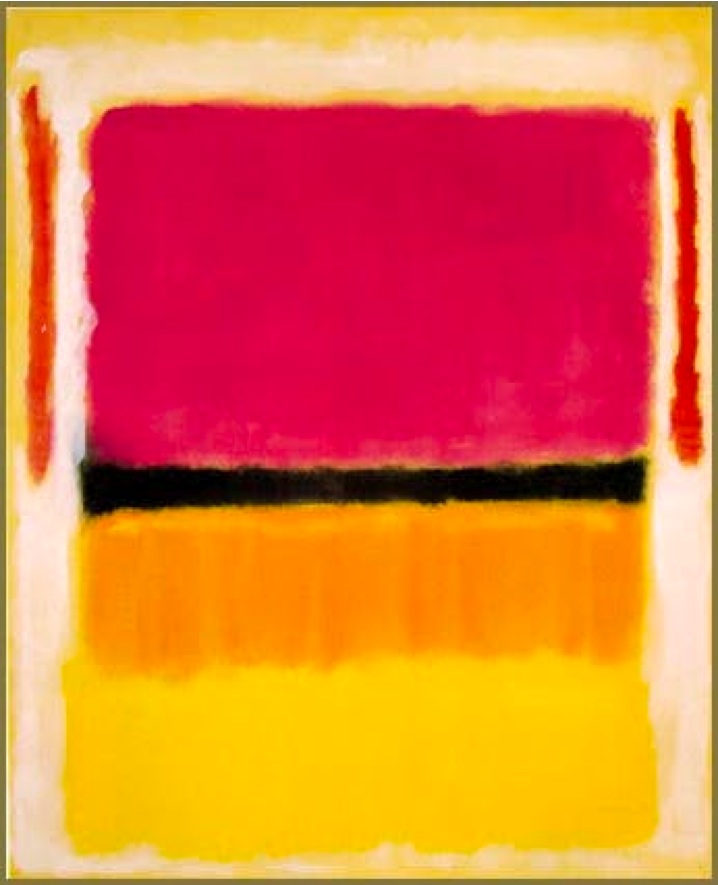
and to trust that, without referents or points of departure,

they could spin a viewer into his or her own ineffable interiority.

That they could make presence possible.SPACE

“The progression of a painter’s work,” wrote Rothko, “as it travels in time from point to point, will be toward clarity: toward the elimination of all obstacles between the painter and the observer….
As examples of such obstacles, I give memory, history, or geometry, which are swamps of generalizations from which one might pull out parades of ideas (which are ghosts) but never the idea itself.”
Poems, stories, paintings—art objects are like mirrors. No matter what we think we’re up to when we make them, they reflect precisely who we are at the time.
But it’s our job to be there. Attentively.
But we don’t always want to. To be there, I mean. I mean we all want to be liked, and we all want to spin things in a way that will make us look interesting and important and likable and smart.
It’s why not everyone is an artist.
“It takes ten years to master the art of basket weaving,” said the Master. And that’s just the first sentence of this story!
— Ralph Angel
————————–
Ralph Angel is the author of five books of poetry: Your Moon (2013 Green Rose Poetry Prize, New Issues Press, forthcoming); Exceptions and Melancholies: Poems 1986-2006 (2007 PEN USA Poetry Award); Twice Removed; Neither World (James Laughlin Award of The Academy of American Poets); and Anxious Latitudes; as well as a translation of the Federico García Lorca collection, Poema del cante jondo / Poem of the Deep Song.
His poems have appeared in scores of magazines and anthologies, both here and abroad, and recent literary awards include a gift from the Elgin Cox Trust, a Pushcart Prize, a Gertrude Stein Award, the Willis Barnstone Poetry Translation Prize, a Fulbright Foundation fellowship and the Bess Hokin Award of the Modern Poetry Association.
Angel is Edith R. White Distinguished Professor of English and Creative Writing at the University of Redlands, and a member of the MFA Program in Writing faculty at Vermont College of Fine Arts. Originally from Seattle, he lives in Los Angeles.
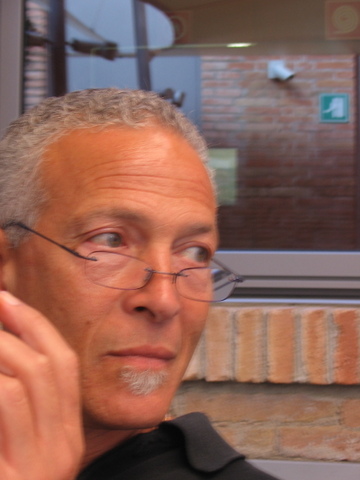
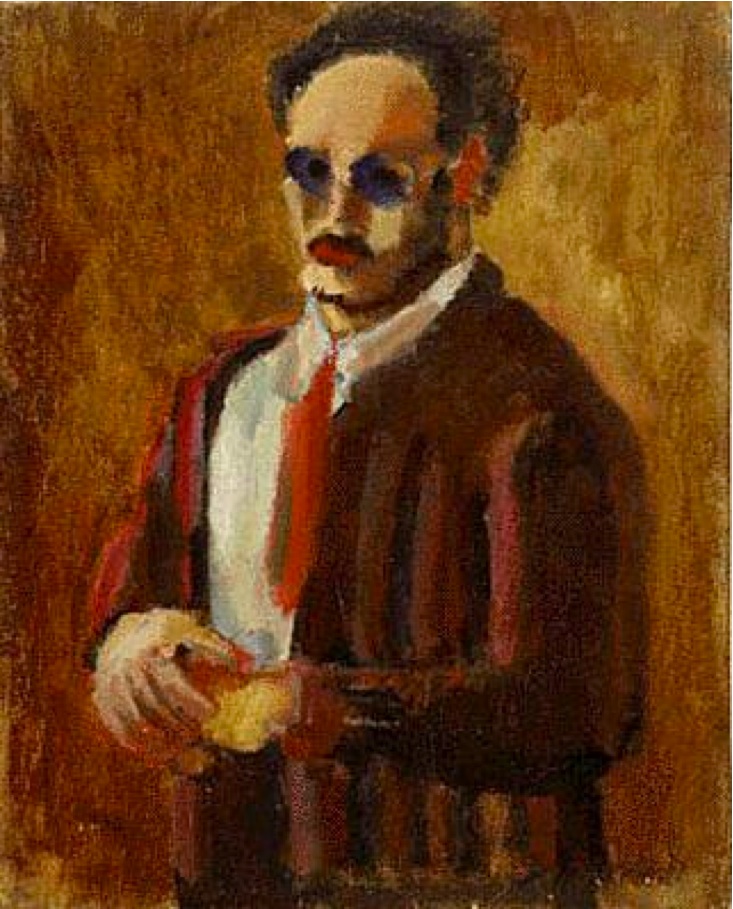
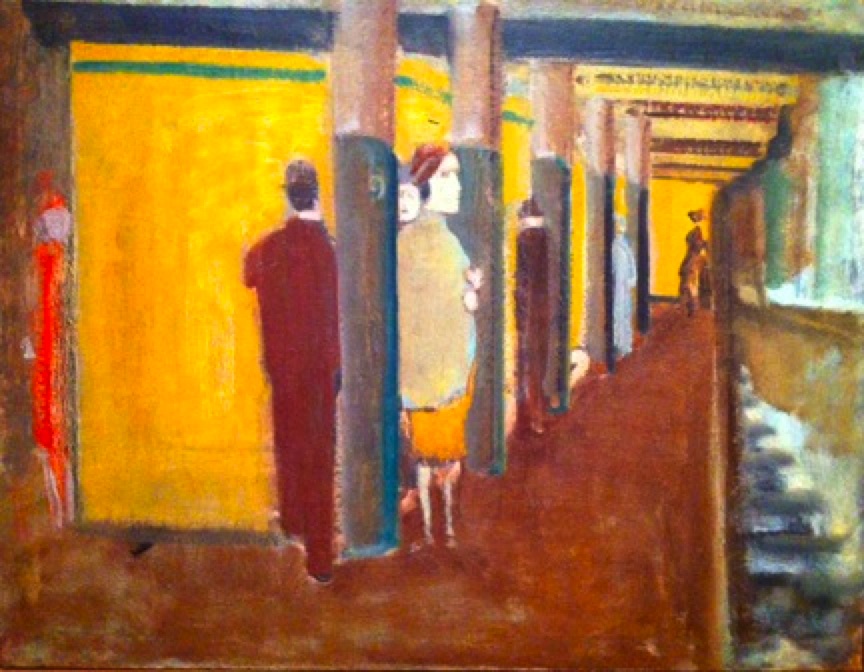
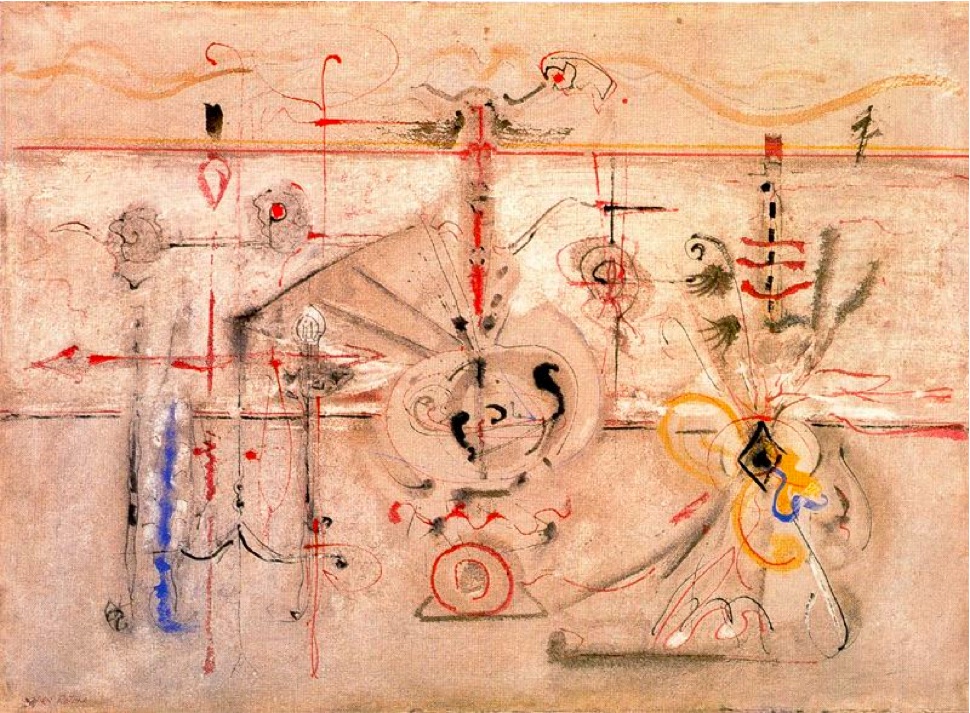
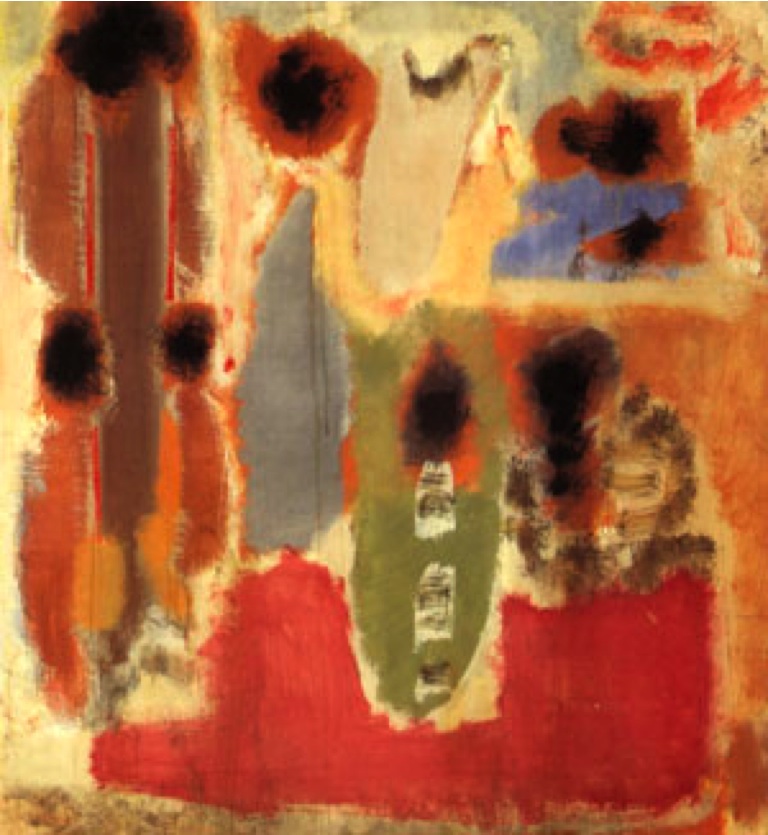
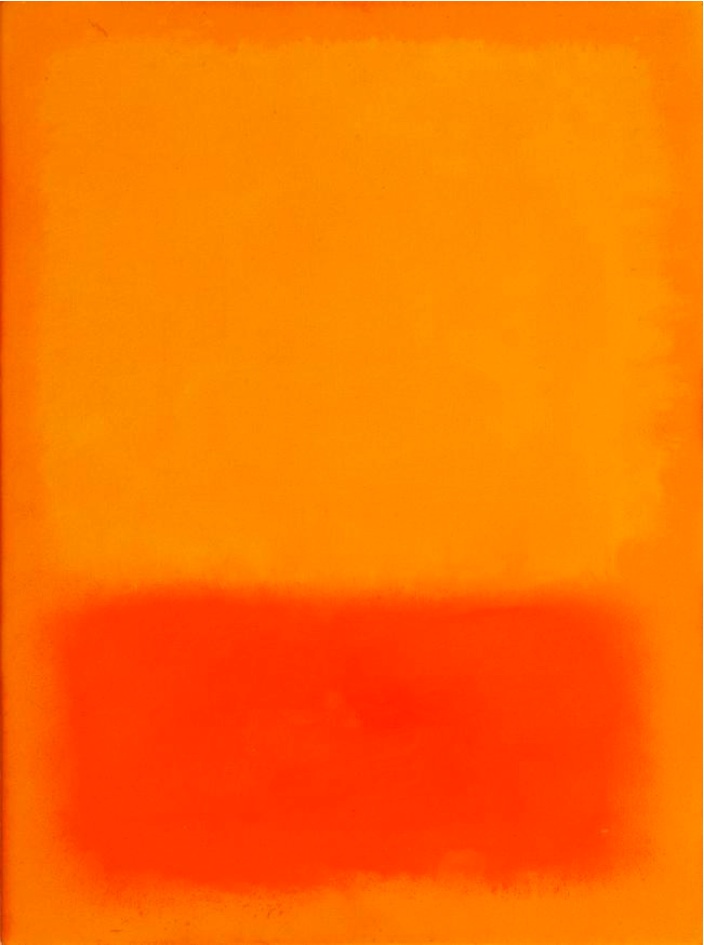


Beautiful…